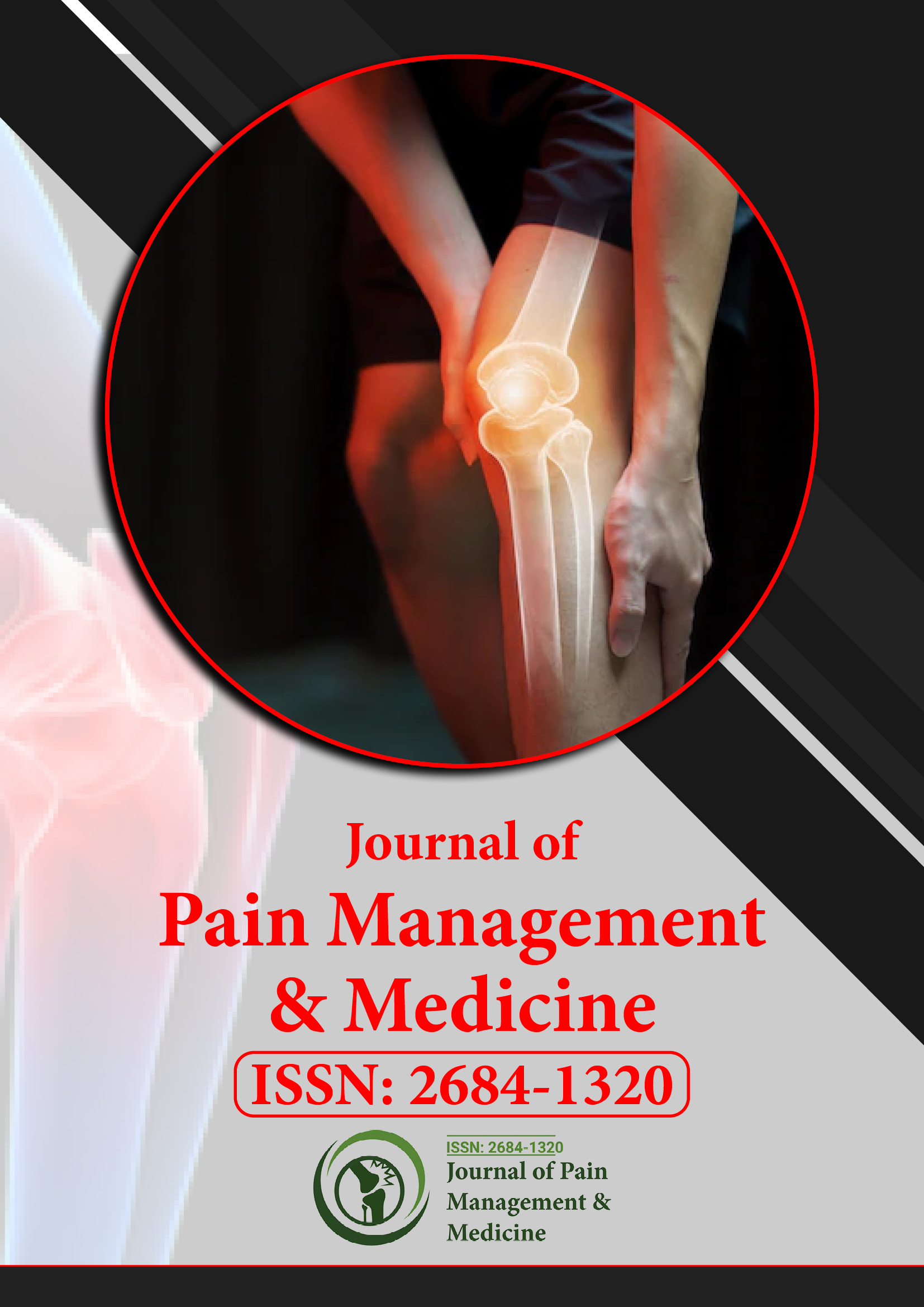インデックス付き
- レフシーク
- ハムダード大学
- エブスコ アリゾナ州
- パブロン
- ユーロパブ
- Google スカラー
- 高品質のオープンアクセス市場
このページをシェアする
ジャーナルチラシ

概要
外来腹腔鏡下胆嚢摘出術を受ける患者におけるアセトアミノフェンの多回静脈内投与が退院準備に与える影響:ランダム化比較試験
ミハル・ガジェフスキー*、アジズ・M・マーチャント、ダニエル・コレア・ロドリゲス、デニス・グレッチ、ジャン・ダニエル、ジョストニャ・リマル、ジョエル・ヤームッシュ、スティーヴン・チャー、タマラ・ベレジナ、アレックス・ベッカー、パトリック・ディセポラ
研究目的:外来腹腔鏡下胆嚢摘出術を受ける患者において、4 時間ごとに静脈内 (IV) アセトアミノフェンを投与することで退院準備が早まるかどうかを判定する。調査した副次的結果には、ストレス ホルモン反応 (IL-6、-8、-10、C 反応性タンパク質、エピネフリン、ノルエピネフリン、およびコルチゾール)、術後疼痛スコア、最初の救急薬投与までの時間 (分)、追加の制吐剤の必要性、投与された術後オピオイドの総量、術後悪心および嘔吐 (PONV) の発生率、および患者満足度が含まれる。
設計:この二重盲検、ランダム化、プラセボ対照、2 群並行試験の最終分析には 65 人の患者が含まれました。血液サンプルは、IV カテーテル挿入直後、切開前、および回復室到着後 1 時間に採取され、SPEED 基準 (飽和度、痛み、四肢の動き、嘔吐、会話、安定したバイタル サイン) を使用して退院の準備状況を評価しました。
結果: 2 時間以内に退院準備が整った患者は、研究群では 97.1%、プラセボ群では 83.9% に認められました (p=0.096)。15 分後の VAS 疼痛スコアの中央値と最悪 VAS スコアは、プラセボ群の方が高かった (9 対 7、p=0.013)。人種別に層別化し、ASA 状態、IL-6、コルチゾール、ノルエピネフリン レベルをコントロールした場合、プラセボを投与された患者は、2 時間以内に退院準備が整っている可能性が 96% 低かった (p=0.0424)。
結論: 4 時間ごとにアセトアミノフェンを静脈内投与すると、2 時間で退院できる患者数が増加しましたが、サンプル数が少ないため、この研究では統計的有意性を示すことができませんでした。より大規模な研究により、経済的な影響が明らかになる可能性があります。